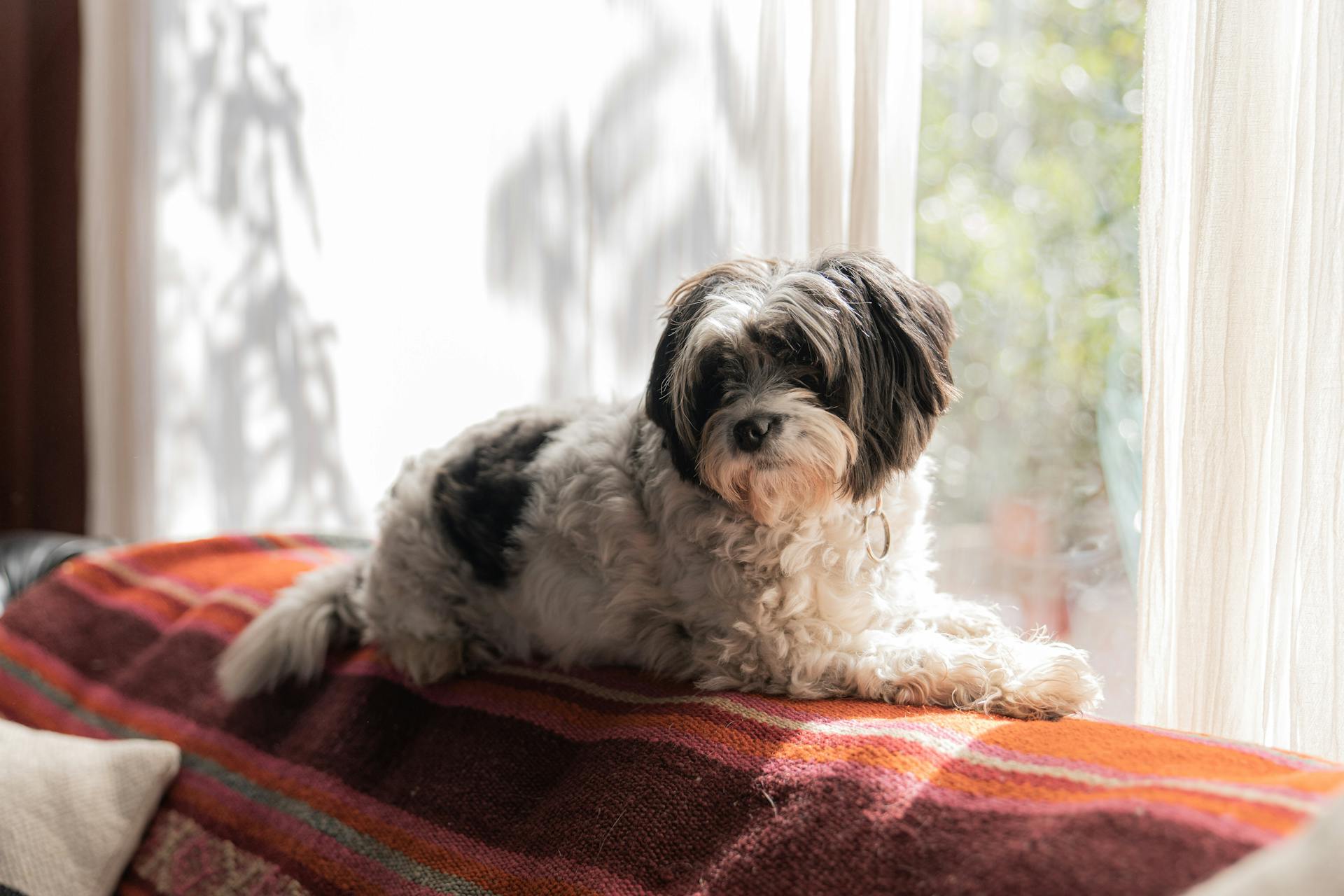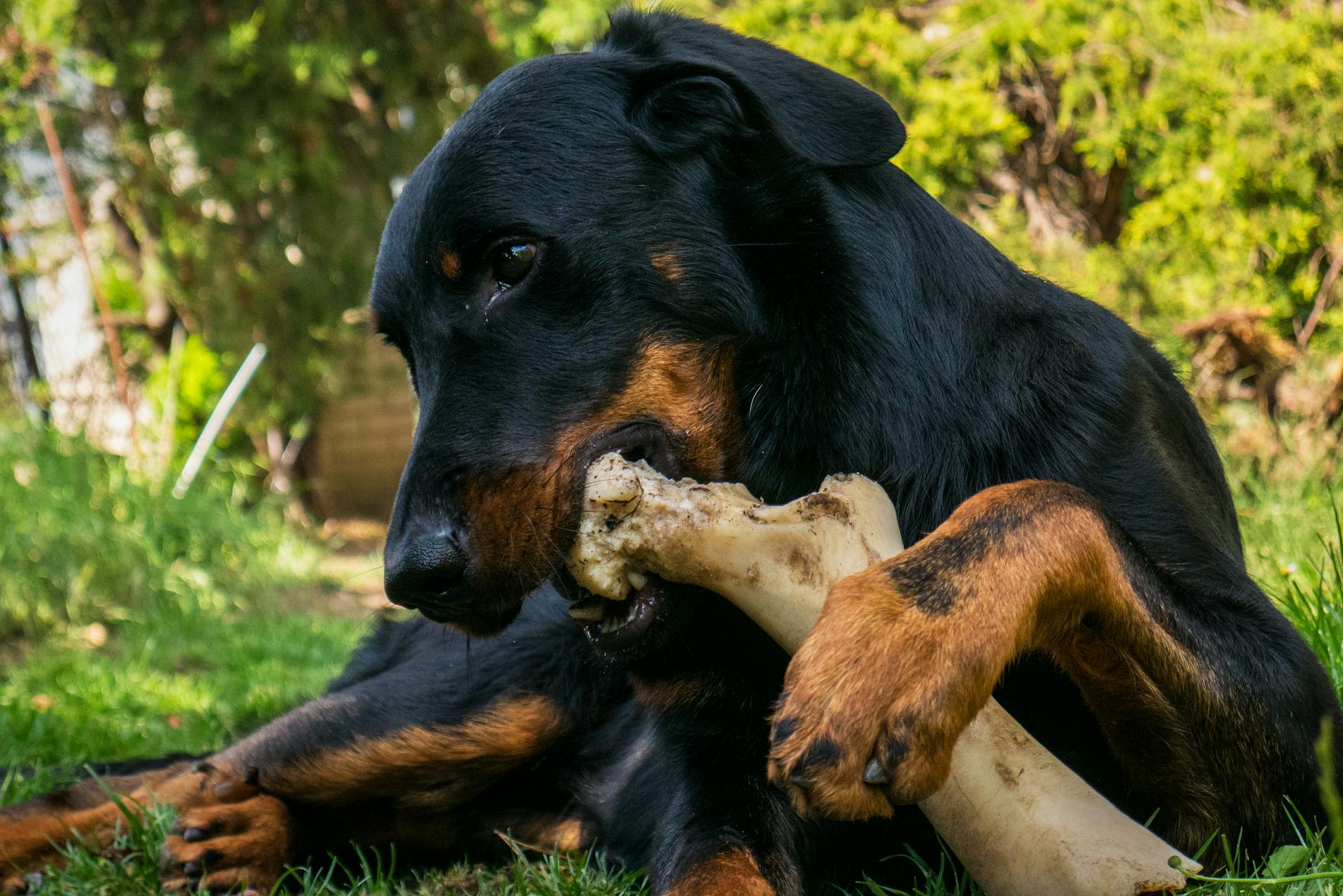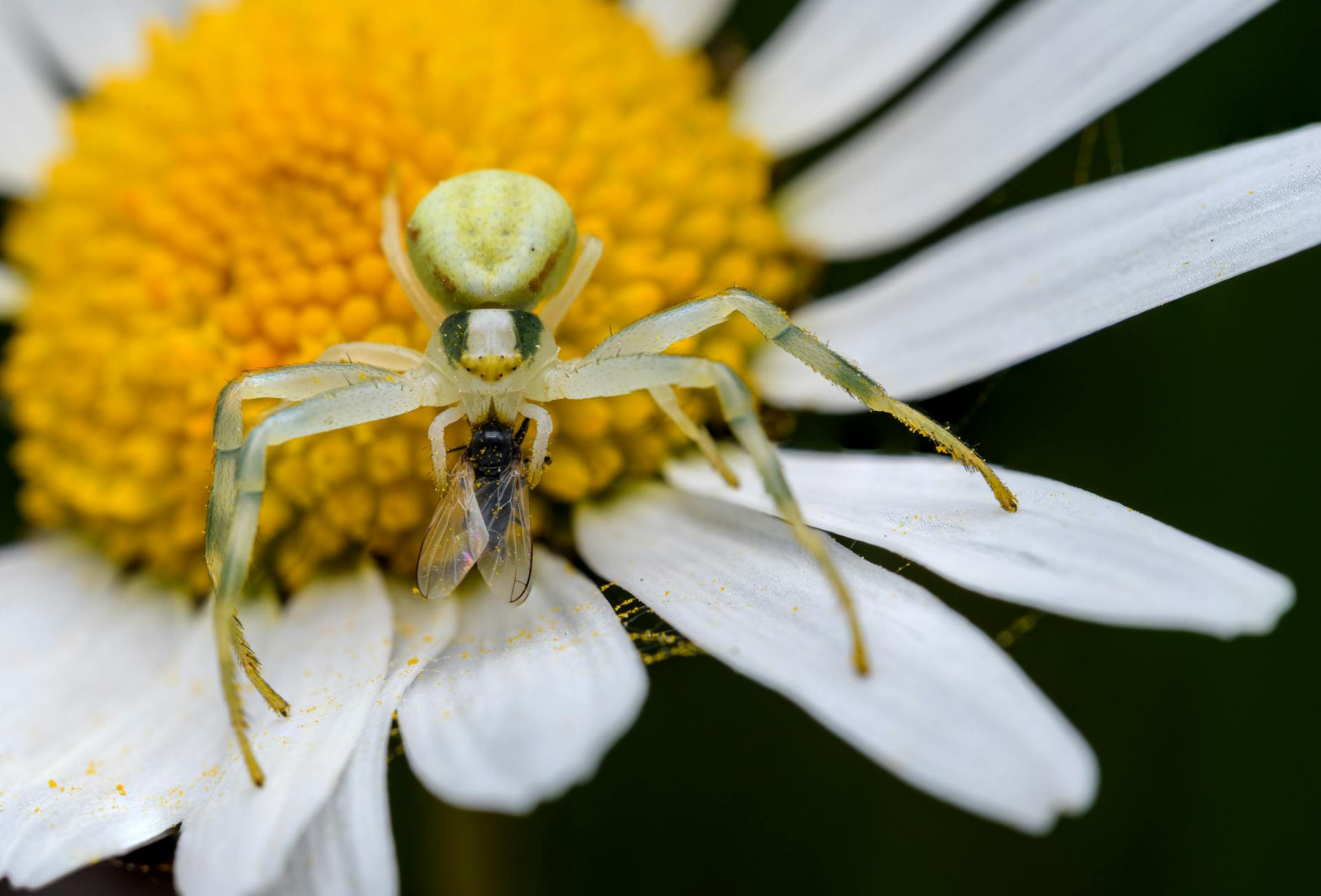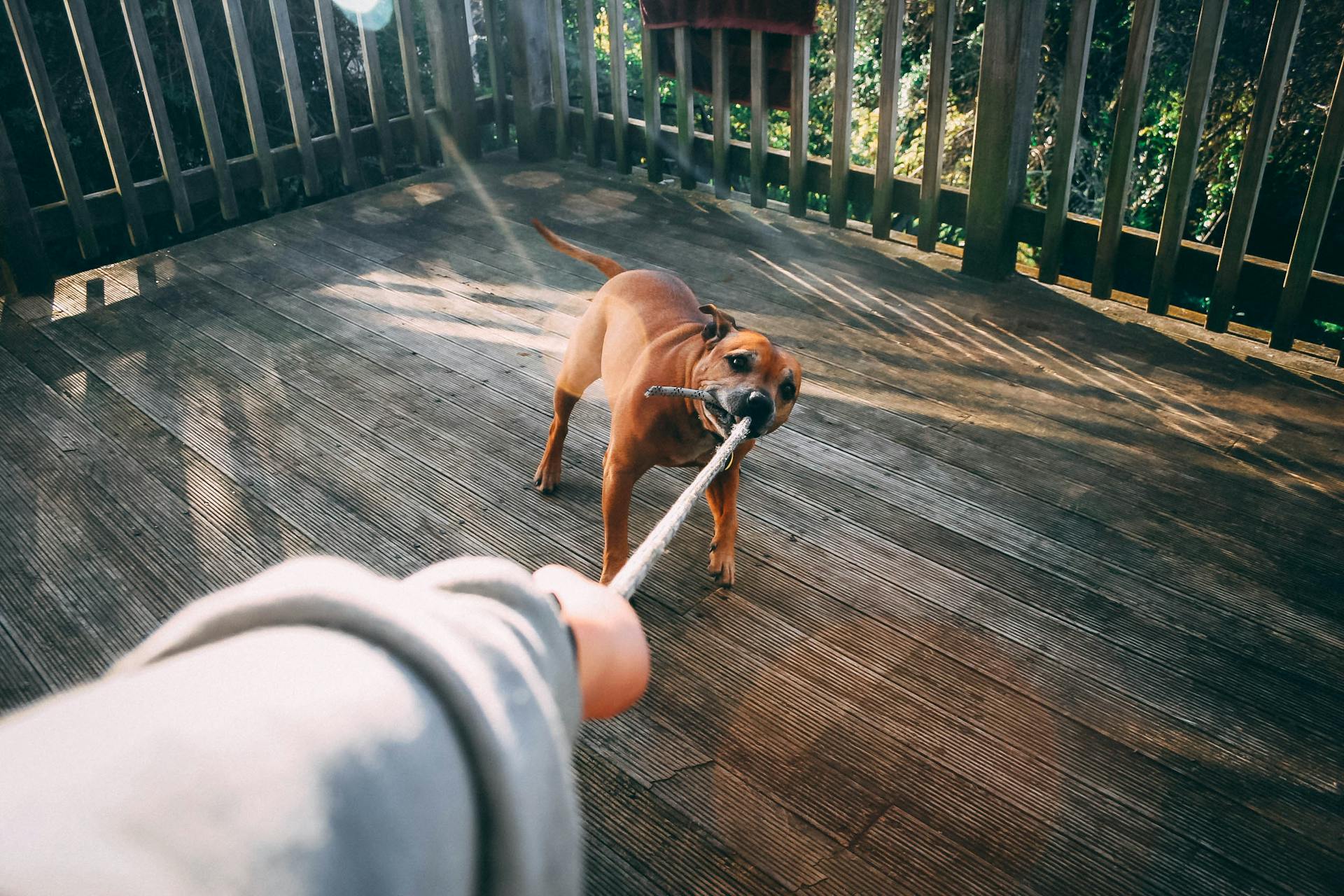
Shih Tzus are known to bite, but why does this happen? They bite due to fear or anxiety, which can be triggered by loud noises, new environments, or unfamiliar people.
Shih Tzus are naturally protective of their family, so they may bite if they feel their loved ones are being threatened.
Their small size can make them feel more vulnerable, leading to biting as a way to defend themselves.
Shih Tzus are also prone to overexcitement, which can cause them to nip at people's hands or clothes.
To stop this behavior, it's essential to socialize your Shih Tzu well, exposing them to various environments and people from an early age.
Consistent training and positive reinforcement can also help them learn to control their biting impulses.
By understanding the reasons behind their biting, you can take steps to prevent it and create a happier, healthier relationship with your Shih Tzu.
Understanding Shih Tzu Behavior
Shih Tzus are primarily known for their loving, friendly, and sociable temperament. They are bred for companionship.
Their friendly nature makes them less aggressive, but like all dogs, they can still exhibit biting behaviors. Factors such as fear, territoriality, pain, or poor socialization can drive a Shih Tzu to bite.
Understanding and respecting a Shih Tzu’s boundaries is crucial. By doing so, we can reduce the likelihood of aggressive behavior.
Proper training and socialization from a young age can significantly reduce the likelihood of aggressive behavior in Shih Tzus.
On a similar theme: Shih Tzu Behaviour Problems
Aggressive Behavior
Aggressive behavior in Shih Tzus is a serious issue that requires attention and professional help. If your dog exhibits aggressive behavior, it's essential to rule out physical pain by taking him to a vet.
A Certified Applied Animal Behaviorist (CAAB or ACAAB), a board-certified veterinary behaviorist (Dip ACBV), or a Certified Professional Dog Trainer (CPDT) can help you address the issue. However, make sure the professional has a track record of successfully treating aggression.
Playful nipping can turn into aggressive biting if not addressed early on. Puppies that nip can grow into adults that bite, and their larger teeth make the situation more dangerous.
Explore further: Shih Tzu Behavior
To identify playful nipping from aggressive biting, look for specific body language. A dog that approaches from head-on, with a stiff body and no noise, is more likely to bite. If a dog focuses on a person or animal and suddenly gets very still, a bite may follow.
Here are some common mistakes to avoid when dealing with aggressive Shih Tzus:
- Overstimulate your puppy with wild play
- Unintentionally reward him when he nips
- Hold your dog’s muzzle shut as a correction, which teaches fear
If your Shih Tzu has food aggressions, like Max's situation, it's crucial to address the issue before it escalates. In some cases, aggression can be triggered by something as simple as a bone or a paper product.
Training and Socialization
Training and socialization are key to preventing unwanted biting incidents in Shih Tzus. A proactive approach is the key to preventing unwanted biting incidents.
Shih Tzu puppies go through a phase where they explore the world with their mouths, leading to nipping and biting. This phase is a normal part of their development.
Consistent socialization helps in shaping a well-rounded Shih Tzu, reducing anxiety and fear-driven behaviors that can lead to biting. Exposure to various environments, people, and other pets is essential for this process.
Introducing bite inhibition training during this phase can teach Shih Tzus the boundaries of acceptable mouth behavior, minimizing the chances of biting.
Play
Play is a natural part of Shih Tzu behavior, and biting is a normal part of play and exploration for most pups.
Dogs that are play-biting will look relaxed, while dogs that are aggressive will look stiff and may even show their teeth.
Playful nipping is usually a "conversation starter" in puppies, a vehicle to start play and interaction. It's not meant to hurt, but rather to initiate play.
Certain breeds, such as herding breeds like Corgis, Collies, and German Shepherds, may have a higher incidence of play biting due to their original function of herding calves and sheep using their mouths.
For more insights, see: Shih Tzu Dogs Hypoallergenic
However, it's essential to note that breed alone is not a reliable indicator of play biting behavior. Other factors, such as family dynamics and individual temperament, also play a significant role.
To determine if your Shih Tzu is play biting or not, look for relaxed body language and a willingness to stop biting when asked.
Here are some common causes of puppies and dogs that nip at their humans:
- They may be teething or want something to chew on
- They may be overstimulated with wild play
- They may be unintentionally rewarded for nipping
- They may be held back in their development due to lack of exercise and mental stimulation
To address play biting, it's essential to offer your puppy scheduled playtime and activity time to minimize boredom, as well as plenty of rest and time out periods after plenty of stimulation.
Chew toys are also a great way to redirect your Shih Tzu's biting instinct. Dr. Klein recommends having a few out at a time and swapping them out on a weekly basis to keep dogs interested.
Here are some do's and don'ts for training your Shih Tzu to play nicely:
- Do offer your puppy scheduled playtime and activity time to minimize boredom
- Do provide plenty of rest and time out periods after plenty of stimulation
- Do offer chew toys and edible treats when teething
- Do intervene when your dog is play biting, and put them in a "time out" when their teeth touch your skin or clothes
- Don't overstimulate your puppy with wild play
- Don't unintentionally reward your puppy for nipping
- Don't hold your dog's muzzle shut as a correction, which teaches fear
Jaw Mechanics and Pain
A Shih Tzu's jaw structure is designed for small, gentle bites, not powerful bites. Their jaw is smaller and less powerful compared to larger breeds.
Their bite force is estimated to be around 70-90 PSI, which is significantly lower than the average human bite force of 120-140 PSI. This is due to their relatively small teeth and jaw structure.
A Shih Tzu's bite can still cause pain, especially if they pinch or puncture the skin with their sharp teeth. However, the actual pain experienced will vary based on individual pain thresholds and the dog's intent.
Check this out: Shih Tzu Dog Teeth
Addressing Medical Issues
If you're bitten by a Shih Tzu, clean the wound promptly with soap and water.
Observing for signs of infection, such as redness, swelling, or pus, is crucial in determining the severity of the bite.
If the bite results in deep punctures or there's uncertainty about the Shih Tzu's vaccination status, seek medical attention immediately.
Here are the steps to follow if you're bitten by a Shih Tzu:
- Clean the wound with soap and water.
- Observe for signs of infection.
- Seek medical attention if necessary.
Jaw Mechanics
Shih Tzus have a smaller and less powerful jaw compared to larger breeds, which is a result of their toy breed size.
Their jaw structure, coupled with their relatively small teeth, isn't designed to exert immense force.
Bite force in the canine world is typically measured using "pounds per square inch" (PSI).
The average human bite force stands around 120-140 PSI, which is significantly higher than the estimated 70-90 PSI of a Shih Tzu's bite force.
Is It Painful?
A Shih Tzu's bite can be painful, especially if they manage to pinch or puncture the skin with their sharp teeth.
The pain experienced from a Shih Tzu bite will vary based on individual pain thresholds.
If a Shih Tzu bites with intent, it can cause pain, regardless of their estimated bite force.
The area of the body bitten also plays a role in determining the level of pain experienced.
Frequently Asked Questions
What happens if a Shih Tzu bites you?
If a Shih Tzu bites you, clean the wound with soap and water immediately to prevent infection. Look out for signs of infection, such as redness, swelling, or pus, and seek medical attention if necessary.
Sources
- https://iheartdogs.com/whats-the-bite-force-of-a-shih-tzu-does-it-hurt/
- https://www.cuteness.com/article/get-shih-tzu-puppy-stop
- https://www.akc.org/expert-advice/training/why-does-my-dog-treat-my-arm-like-a-chew-toy-and-playfully-nip-at-me/
- https://www.askthedogguy.com/aggressive-shih-tzu/
- https://www.bbsimperialshihtzus.com/single-post/2016-1-21-aggressive-behavior
Featured Images: pexels.com


